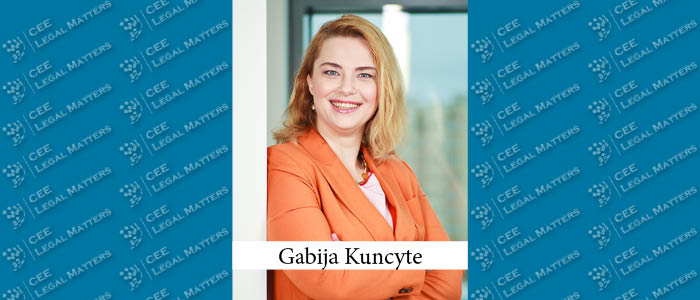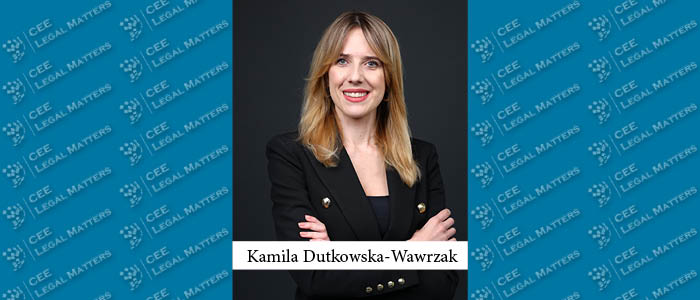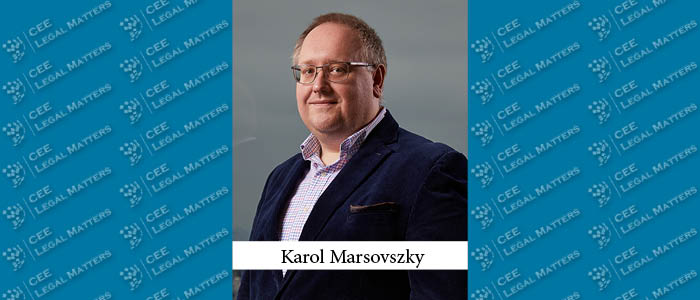Infobip General Counsel Tomislav Pifar first joined the company in 2011 and has been a witness to the company’s remarkable growth over the past 12 years. In reflecting on his journey, he explores the evolution of in-house legal work and international exposure, placing a particular emphasis on the transformative impact of AI on daily operations.
The Inside Track: Parting Ways
In The Inside Track, General Counsels across CEE share the nuances of their roles, challenges, and strategies for success. Given the importance of relationships between in-house legal departments and law firms, this time we asked GCs: What is the most common reason for which you cease working with a specific law firm and what would you suggest firms definitely do to ensure they do not make the same mistake?
Inside Insight: Interview with Gabija Kuncyte of Compensa Life Vienna Insurance Group
After several years working for law firms and on major energy projects, Gabija Kuncyte has been with Compensa Life Vienna Insurance Group’s Lithuanian Branch as a Legal and Compliance Officer for over a year and a half. She discusses the evolution of in-house legal positions and the nuances of the legal industry in the Baltic region.
Inside Insight: Interview with Kamila Dutkowska-Wawrzak of Panattoni
Panattoni Legal Director Kamila Dutkowska-Wawrzak talks about her background and in-house transition, building up the in-house legal team, and their current workload.
Navigating Hardships: When Things Go Awry
At the CEE Legal Matters GC Summit in Istanbul, legal experts from across the region and beyond tackled the importance of crisis management – even when nothing is burning. Summit attendees were briefed on how companies can navigate gray areas, manage global supply chain disruptions, and, overall, be prepared for whatever comes their way.
Inside Insight: Interview with Lucie Kubenova of Pfizer
Pfizer Eastern Europe Cluster Legal Lead and Legal Director Lucie Kubenova talks about her career leading to her current role and managing her team at Pfizer.
Inside Insight: Interview with Karol Marsovszky of Skoda Group
Skoda Group General Legal Counsel Karol Marsovszky talks about the Skoda Group’s legal team and what shapes his in-house team’s workload.
Compliance and the In-House Legal Function
Are compliance teams a necessary evil or effective facilitators of business success? At the CEE Legal Matters GC Summit held in Istanbul, legal experts from across Europe discussed how to best foster a culture of compliance and ethics in order to benefit businesses, as well as why multidisciplinary knowledge and an agile approach are crucial for compliance teams.























